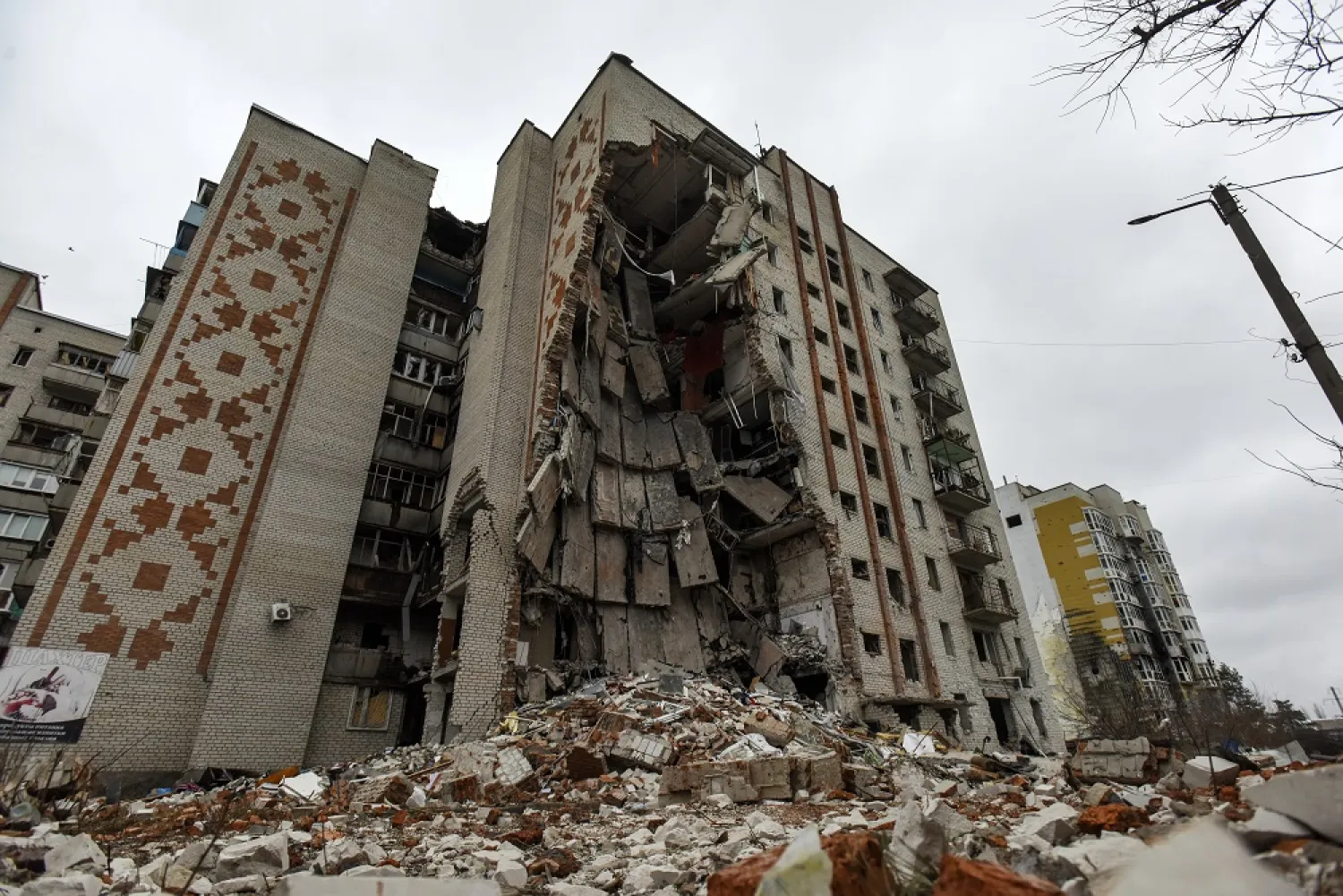The Kremlin said on Monday that the Ukrainian people would suffer if the West sent tanks to support Kyiv, as the question of whether German-made Leopard tanks will be transferred to Ukraine remained unresolved.
The United States and its allies failed during talks last week in Germany to convince Berlin to provide its Leopard battle tanks to Ukraine, a key demand from Kyiv as it tries to breath new momentum into its fight against Russian forces.
Berlin said it would move quickly to allow allies to transfer Leopards in their own arsenals to Ukraine, if a consensus was found. But even that appeared to be inconclusive.
Asked about the issue at a daily news briefing on Monday, Kremlin spokesman Dmitry Peskov said the splits in Europe over whether to provide tanks to Kyiv showed there was increasing "nervousness" within the NATO military alliance.
"But of course, all countries which take part, directly or indirectly, in pumping weapons into Ukraine and in raising its technological level bear responsibility (for continuing the conflict)," Peskov told reporters.
"The main thing is that it is the Ukrainian people who will pay the price for all this pseudo-support," he said.
Earlier on Monday, Poland's Prime Minister Mateusz Morawiecki said his country could send Leopard tanks to Ukraine as part of a coalition of countries even without Germany's permission.
Germany would not stand in the way if Poland sent its German-made Leopard 2 tanks to Ukraine, German Foreign Minister Annalena Baerbock said on Sunday in an interview with French television channel LCI.
Wagner sanctions
The Kremlin also dismissed the significance of US sanctions on Russian mercenary group Wagner, saying they would have no practical effect.
The White House said on Friday that Wagner, which has been supporting Russian forces in Ukraine and claiming credit for battlefield advances, would be designated a significant Transnational Criminal Organization and that new sanctions against it would be announced this week.
"I don't think that in practical terms it has any significance for our country, and even less for the Wagner private military company (PMC)," Peskov said.
Wagner founder Yevgeniy Prigozhin wrote to the White House over the weekend asking national security spokesperson John Kirby to "clarify what crime was committed by PMC Wagner?"
Having spent years operating in the shadows and denying his links to Wagner, Prigozhin last year admitted his links to the paramilitary organization as part of a recruitment drive to convince tens of thousands of Russian convicts to fight in Ukraine in exchange for amnesty.
He has since become one of the most high-profile figures in the conflict on the Russian side, with tensions emerging between Prigozhin and the Russian defense ministry over the conduct of the 11-month campaign in Ukraine.









